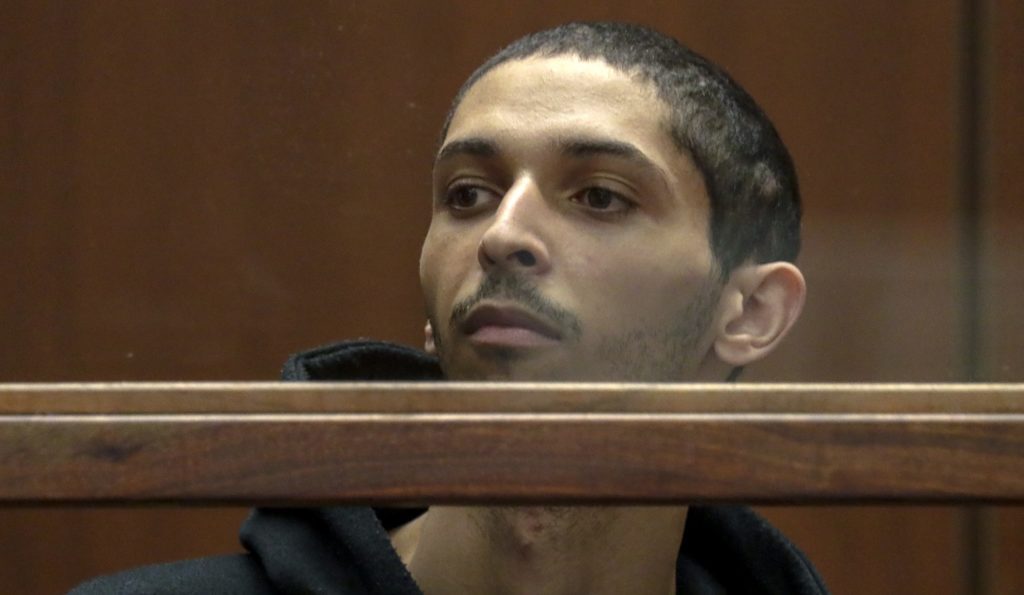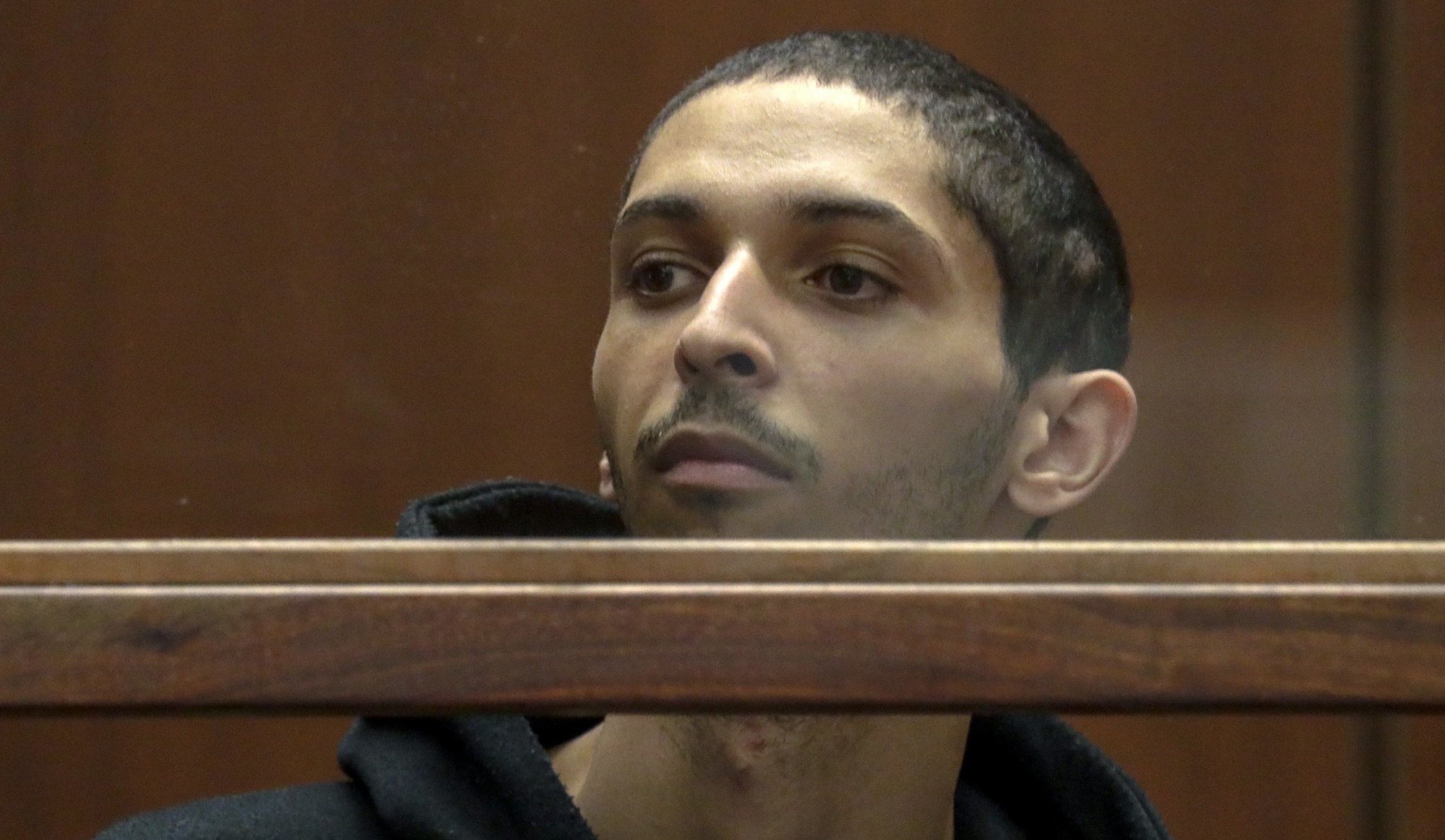
A virtual shooting death in an online video game led to the real-life shooting death of a Kansas man in December, according to court documents.
Tyler Barriss, 25, was charged with involuntary manslaughter earlier this month for his alleged role in a “swatting” incident that ended with Wichita Police fatally shooting 28-year-old Andrew Finch at his front door. Barriss, who lives in Los Angeles, admitted to placing a prank call reporting a hostage situation at Finch’s address, according to a police affidavit. Barriss told police he made call at the request of a gamer who was upset at a teammate for accidentally killing him in a video game.
Finch was not involved in the online dispute, and his family said he did not play video games. Barriss has not yet entered a plea. His lawyer, Brad Sylvester, declined to comment on the affidavit’s details. However, he said the unique circumstances raise plenty of “unusual” questions about legal culpability.
“The way it is tried and the outcome will likely set a precedent for how future similar cases are charged,” he said in an email.




